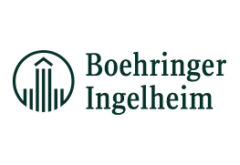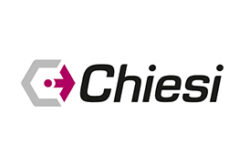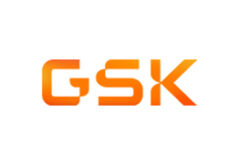Sponsored Symposia
Please indicate your attendance at the Sponsored Symposia at the time of registration. If you are already registered for the ASM and wish to attend a sponsored symposia, or have any questions, contact us via email at tsanzsrs@theconferencecompany.com.
If you have not yet registered for the ASM, you can register as part of the online registration form here.
Saturday, 28th March 2026

Sanofi Evening Symposia: ADVENT Symposium: 'Inflamed or Informed? The great biomarker debate'
Time: 5.45pm - 7.15pm (food served at 5.00pm)
Sunday, 29th March 2026

AstraZeneca Breakfast Symposia: Lung Cancer
Time: 7.15am - 8.15am (breakfast served at 6.45am)

Boehringer Ingelheim Breakfast Symposia: ILD Mortality Matters: A call for Early, Holistic Intervention
Time: 7.15am - 8.15am (breakfast served at 6.45am)

Chiesi Breakfast Symposia: Small Airways: Big Impact: Integrating Oscillometry into Clinical Practice for Asthma and COPD
Time: 7.15am - 8.15am (breakfast served at 6.45am)

GSK Evening Symposia: Whats the T2 truth? Uncovering type-2 inflammation in COPD
Time: 6.00pm - 7.30pm (food served at 5.30pm)
Monday, 30th March 2026

AstraZeneca Breakfast Symposia: Caring for patients & the planet; a sustainable future in COPD care
Time: 7.15am - 8.15am (breakfast served at 6.45am)
Key Dates
ABSTRACT SUBMISSION
CLOSED
EARLYBIRD REGISTRATION
OPEN
EARLYBIRD DEADLINE
19 January 2026
